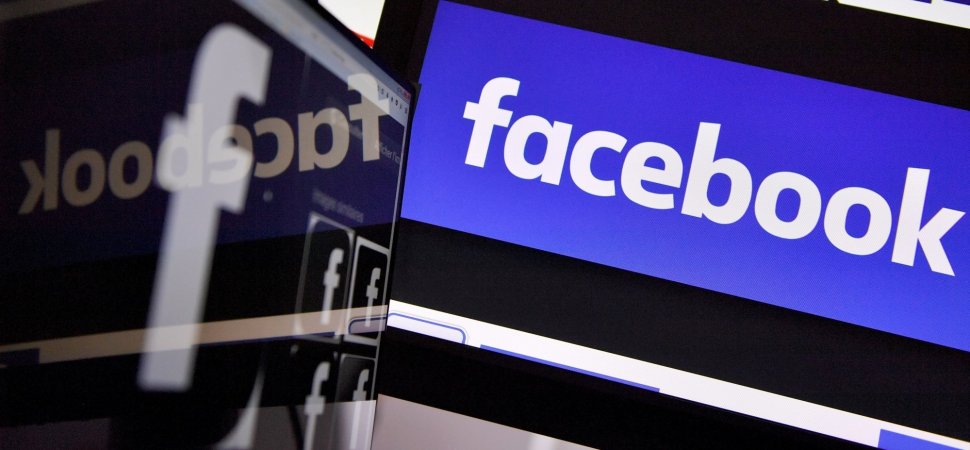The harmful language has been removed from its policies
As of this week, Facebook will no longer use the word “undesirable” in the rejection messages it sends to potential advertisers.
The change comes after reporting from The Verge in September and continued pressure from Facebook and Instagram’s body and skin positivity communities regarding the issue. Facebook used the word when rejecting ads that featured people who were overweight or had skin conditions, and it kept removing ads placed by body positivity communities. The company maintains that moderators were never instructed to strike down ads depicting people as “undesirable,” but it’s since updated its language to remove the word from the rejection messages potential platform advertisers receive.
Concern over the wording was piqued last month after rosacea activist and beauty blogger Lex Gillies tried to run an ad on Instagram that featured her face and her skin as the focus, celebrating the difference rather than painting it as a flaw that needed to be fixed. After first submitting her ad for approval, she received a pop-up notification in the Instagram app that said, “This ad isn’t running because it uses images that excessively focus on a person’s body or body part, or depict unlikely before-and-after results.”
Gillies continued to appeal Facebook’s decision, and after a handful of follow-up emails, she was told that the platform doesn’t “allow ads that focus on aspects of a person’s body to highlight an undesirable or idealized body state.”
It wasn’t until The Verge reached out to Instagram last month that the platform apologized and decided to run Gillies’ ad.
The word “undesirable” drew ire from Gillies and the skin positivity community in which she participates, an online world that celebrates conditions like eczema and rosacea. From there, Gillies inspired the use of the hashtag #UndesirablesofInstagram. As of publication, the hashtag has over 500 posts on Instagram that show users documenting their skin acceptance journeys and calling on Facebook to change the policy.
The policy that kept Gillies’ ad from running is, in theory, meant to block predatory ads that market miracle cures and supplements for weight loss and health conditions. But the policy has repeatedly blocked ads from individuals seeking to highlight these same conditions in a positive light. This policy is still broadly in place after this change, but Facebook is making changes to account for the harmful language it uses.
“I am so pleased that Instagram did the right thing. I never wanted Instagram to be ‘cancelled’ or for people to boycott the channel,” Gillies said in a blog post in Refinery 29 on Thursday. “I just wanted the outdated and hurtful guidelines to be changed.”













![Hotstar Premium Cookies 2019 [*100% Working & Daily Updated*] Hotstar Premium Cookies 2019 [*100% Working & Daily Updated*]](https://tahav.com/wp-content/uploads/2019/11/Hotstar-Premium-Cookies-Free-100x70.jpg)



